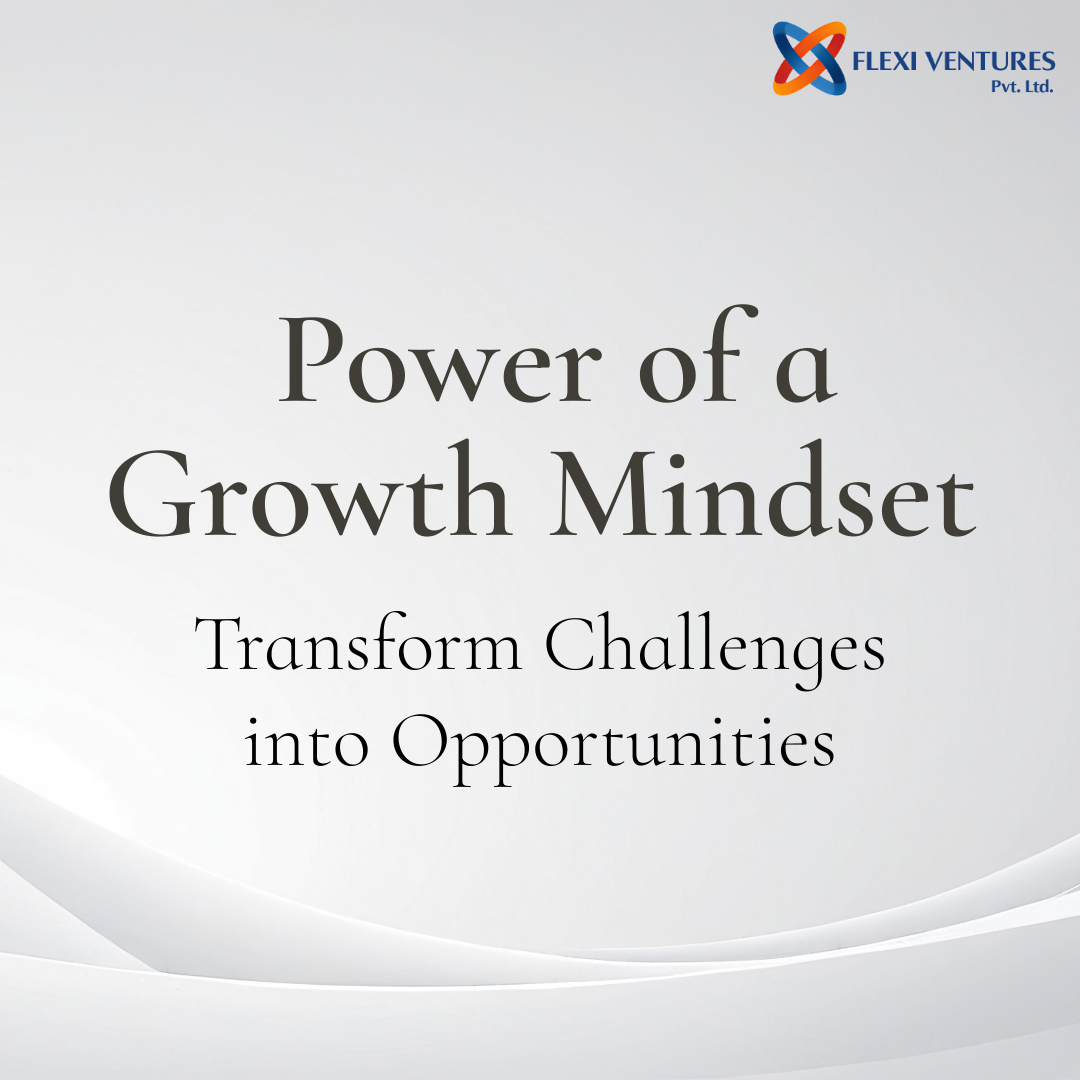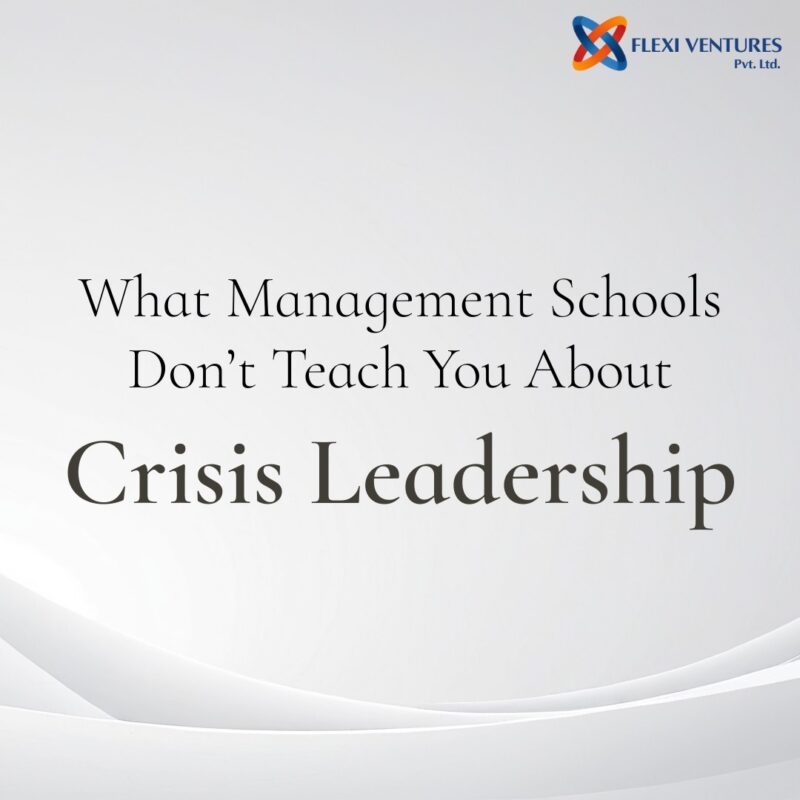Harnessing the Power of a Growth-Oriented Mindset
Our mindset shapes how we navigate challenges and setbacks, influencing outcomes in both personal and professional arenas. By adopting a growth-oriented, iterative mindset, we empower ourselves to view obstacles as opportunities for learning and development. This approach fosters resilience, adaptability, and the capacity to excel despite adversity. Below, we explore the transformative power of mindset, outline practical strategies for adopting a growth perspective, and address common roadblocks on the path to change.
Understanding Mindset and Its Influence
A mindset is how we perceive our abilities, challenges, and the broader world. It governs our beliefs about ourselves and our environment, ultimately shaping behaviors and outcomes.
Research demonstrates that individuals who believe in their ability to learn and grow often experience better outcomes. For instance, a study found that employees with a growth-oriented mindset, also known as an incremental mindset, exhibit higher job performance. This is because they perceive learning as an ongoing process rather than a static state, allowing them to adapt and improve continuously.
Growth Mindset vs. Fixed Mindset
The key difference between a growth mindset and a fixed mindset lies in how one views abilities and responds to challenges:
- Fixed Mindset: People with a fixed mindset see talents and abilities as innate and unchangeable. This belief often leads to avoiding challenges for fear of failure and giving up quickly when faced with setbacks.
- Growth Mindset: In contrast, those with a growth mindset believe that abilities can evolve through effort and practice. Challenges are viewed as opportunities to learn and grow, leading to perseverance and continuous improvement.
Adopting a growth mindset, particularly one focused on iterative progress, is transformative. A fixed mindset may cause someone to falter when encountering setbacks, while a growth-oriented perspective fosters resilience, allowing failures to serve as stepping stones for development.
Cultivating a Growth-Oriented, Iterative Mindset
Shifting to a growth mindset requires an intentional effort to identify and challenge self-limiting beliefs. Statements like “I’m not good enough” or “I can’t improve” stem from a fixed mindset and hinder progress. By questioning these thoughts and embracing new experiences, we can see challenges through a developmental lens.
One hallmark of an iterative mindset is the ability to learn from failures and setbacks. Each setback provides valuable insights to inform the next step or approach. Progress rarely happens in dramatic leaps; instead, it emerges through small, consistent cycles of trying, learning, and trying again. This approach not only builds resilience but also encourages persistence, framing effort as part of a long-term journey rather than a pass-or-fail test.
Positive self-talk is a vital tool in reinforcing this mindset. After setbacks, affirmations such as “This is a learning opportunity” or “Growth takes time” can help reframe challenges as constructive experiences. Consistently practicing these affirmations helps strengthen neural patterns that align with a growth perspective.
By actively challenging fixed beliefs, reframing failures as opportunities for insight, and adopting affirming self-talk, we can gradually embrace an iterative, growth-oriented approach to life’s challenges.
Practical Strategies for Fostering a Growth Mindset
Shifting your mindset is a journey requiring deliberate and consistent practice. Here are actionable steps to cultivate a growth perspective:
- Set Learning-Oriented Goals
Focus on improvement rather than validation. For instance, instead of aiming to “be the best pianist,” set specific, measurable goals like practicing piano for 30 minutes daily. Celebrate small victories to reinforce progress and maintain motivation. - Welcome Constructive Feedback
Reframe mistakes as opportunities to refine your approach. Actively seek feedback and use it to make adjustments. While receiving constructive criticism can be uncomfortable, it is essential for growth. - Build a Supportive Network
Surround yourself with individuals who value growth and iteration. Engage with mentors or peers who embody this mindset, as their encouragement and guidance can accelerate your transformation. - Engage in Mindfulness Practices
Reflect regularly through journaling or meditation. These practices help you observe thought patterns without judgment, allowing you to identify and address fixed mindset beliefs. Replace negative self-talk with affirming, constructive thoughts. - Break Goals into Manageable Steps
Divide large objectives into smaller, achievable milestones. Celebrate incremental progress, such as completing a chapter of a book, to maintain momentum and motivation. - Prioritise Process Over Outcome
Reframe challenges as learning experiences. Shift your focus from “I need to succeed immediately” to “I will learn and improve over time.” This perspective reduces pressure and fosters resilience. - Learn About Growth Principles
Educate yourself about growth mindset concepts through books, workshops, or online communities. Continuous learning reinforces the principles needed to make this shift.
Overcoming Common Roadblocks
The journey to a growth mindset isn’t without challenges. Here are common obstacles and strategies to navigate them:
-
- Fear of Failure and Rejection
Society often equates failure with inadequacy, making it difficult to embrace setbacks. Combat this by reframing failure as a necessary part of the learning process. Celebrate small successes to build confidence and acknowledge each attempt as a step forward. - Discouragement from Setbacks
Setbacks can feel demoralising, especially when they disrupt progress. It’s crucial to view these moments as opportunities to gather insights. Every obstacle adds to your understanding of what works and what doesn’t, helping shape your growth journey. - Sustaining Motivation
Long-term growth efforts can lead to impatience and frustration. Surrounding yourself with supportive peers and mentors helps reinvigorate your motivation. Their encouragement and shared goals provide renewed energy during tough times. - Managing Distractions
Staying focused in a fast-paced world can be challenging. Build a habit of regularly checking in with your thoughts and redirecting your focus when needed. Be compassionate with yourself, acknowledging that occasional lapses are part of the process.
- Fear of Failure and Rejection
Building Resilience and Growth Over Time
By reframing challenges, celebrating progress, and seeking support, you can overcome roadblocks and solidify a growth-oriented mindset. With persistence and self-compassion, these habits will become second nature, empowering you to view setbacks as opportunities and fostering a lifelong journey of learning and improvement.
Adopting a growth mindset is transformative, helping you navigate adversity with resilience and adaptability while unlocking your potential for continuous personal and professional development.
For more information on HR consulting or support services visit our website.
Visit our Website – www.flexiventures.in
Call – 8080100001




